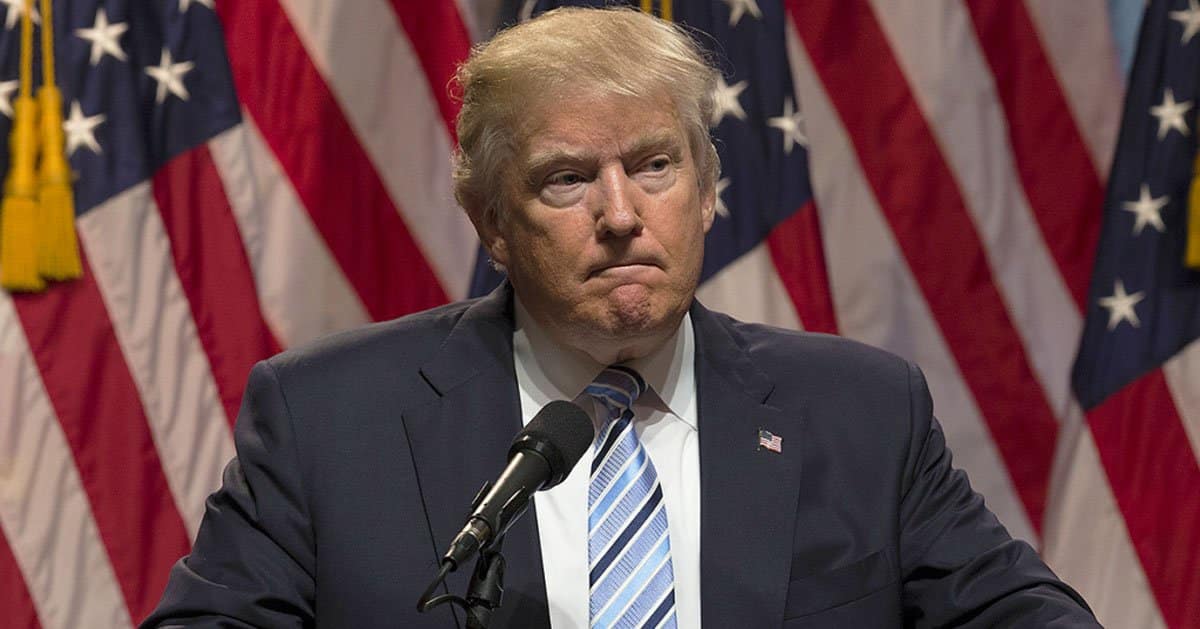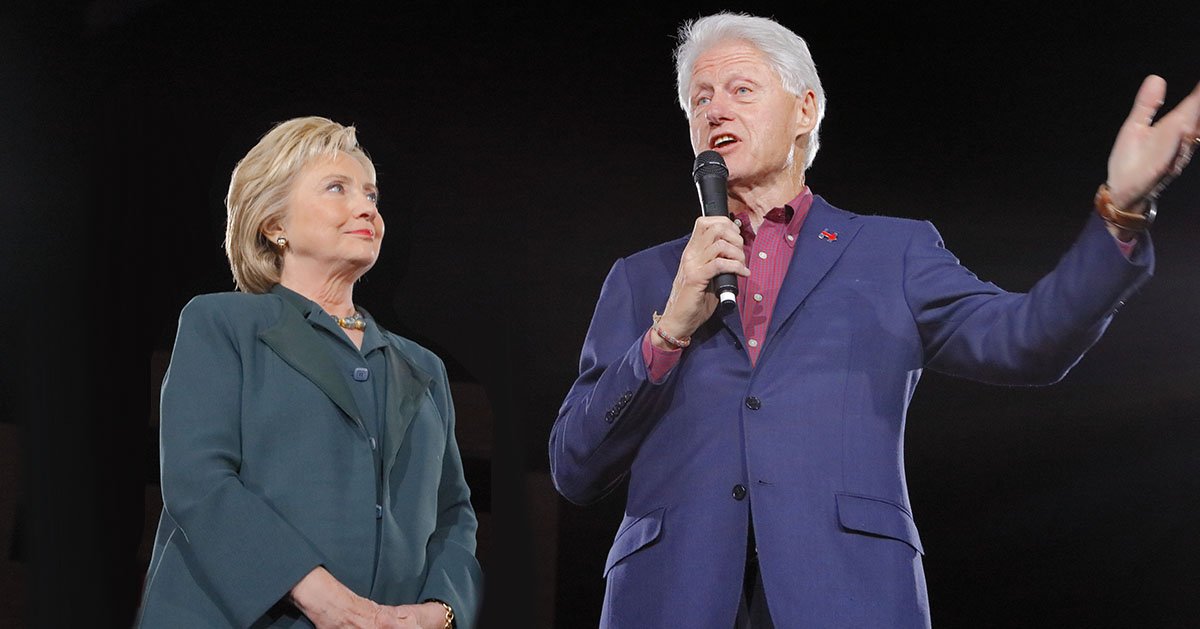








America’s government shutdown has now etched its name as the longest in history, and the finger-pointing is fiercer than a rodeo bull.
This saga, which kicked off on October 1, has spiraled into a historic deadlock, with federal workers like air traffic controllers clocking in without a dime to show for it, while Democrats and Republicans bicker over who lit the fuse.
Back at the starting line on October 1, the gears of government ground to a halt, leaving many federal employees in a paycheck purgatory that’s as frustrating as a traffic jam on a Monday morning.
By Wednesday, this shutdown officially became the longest in U.S. history, a dubious milestone that’s got everyone from Capitol Hill to Main Street scratching their heads over who’s to blame.
House Minority Leader Hakeem Jeffries has been quick to pin this mess on Republicans, arguing they’ve stonewalled efforts to extend Affordable Care Act subsidies through a continuing resolution, as if that’s the only key to unlocking this crisis.
“Donald Trump and Republicans shut the government down and refused to reopen it,” Jeffries declared, adding that Trump has spent more time on the golf course than negotiating with Democrats. Well, that’s a colorful jab, but it conveniently sidesteps the voting record showing Democrats also said “no” to keeping the lights on.
CNN’s Dana Bash didn’t let that slide during a Tuesday clash with Jeffries, reminding him pointedly, “But, listen, leader, you guys are voting no on opening the government.” Touché, Dana—sometimes the mirror reflects an inconvenient truth, and it’s not just Republicans holding the shutdown hammer.
Jeffries doubled down, claiming Republican control of both legislative and executive branches makes them the sole culprits, but that argument feels like passing the buck faster than a hot potato at a family barbecue.
Democrats have cried foul over the lack of a “clean” continuing resolution, meaning a funding bill free of policy riders or cuts, yet the non-partisan Committee for a Responsible Budget called the proposed resolution about as spotless as they come, per The New York Times.
At the heart of this standoff are those Biden-era health care subsidies, with the Congressional Budget Office estimating a permanent extension would balloon the deficit by $350 billion over a decade—hardly pocket change, even for Washington’s spendthrift standards.
Republicans, alongside President Donald Trump’s administration, have been vocal in urging Democrats to end the stalemate, while whispers from Republican Sen. Markwayne Mullin of Oklahoma suggest Senate Minority Leader Chuck Schumer might be playing a long game, allegedly pushing his party to keep the shutdown alive for political leverage.
That’s a serious charge, and if true, it’s a cynical move that leaves federal workers as pawns in a high-stakes chess match—hardly the “for the people” mantra we hear so often.
While the bigwigs debate, the real pain is felt by countless federal employees showing up to work with empty wallets, a situation that’s as heartbreaking as it is infuriating for anyone who values hard work over political posturing.
Even within Democratic ranks, there’s dissent—Senators John Fetterman of Pennsylvania, Catherine Cortez Masto of Nevada, and independent Sen. Angus King of Maine, who aligns with Democrats, broke party lines to vote for keeping the government running, showing not everyone’s buying the party-line blockade.
So, where does this leave us? This shutdown isn’t just a record-breaker; it’s a glaring reminder of how policy gridlock and partisan gamesmanship can grind governance to a halt, leaving everyday Americans to foot the bill for Washington’s dysfunction. Let’s hope both sides can ditch the blame game long enough to find a resolution before more damage is done.



